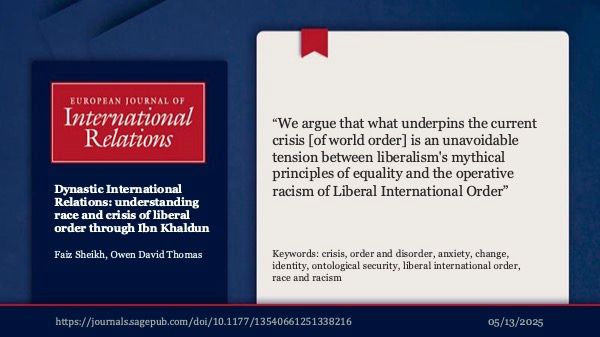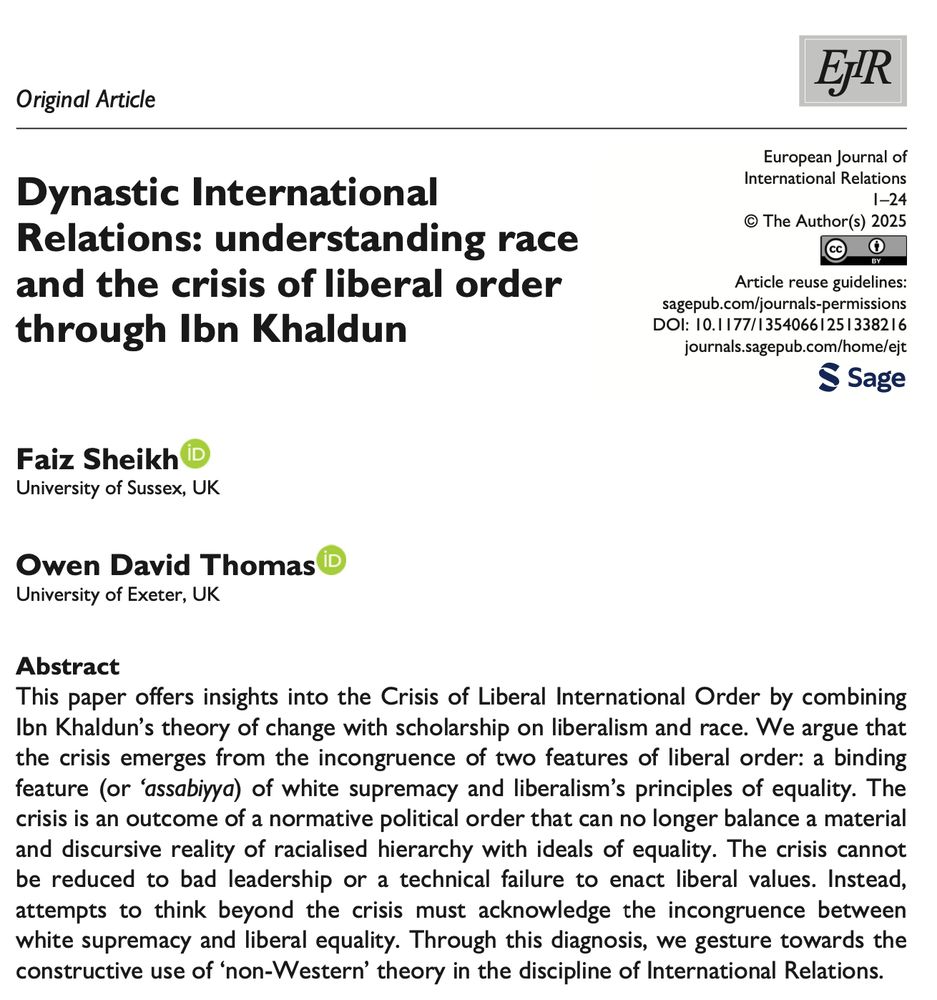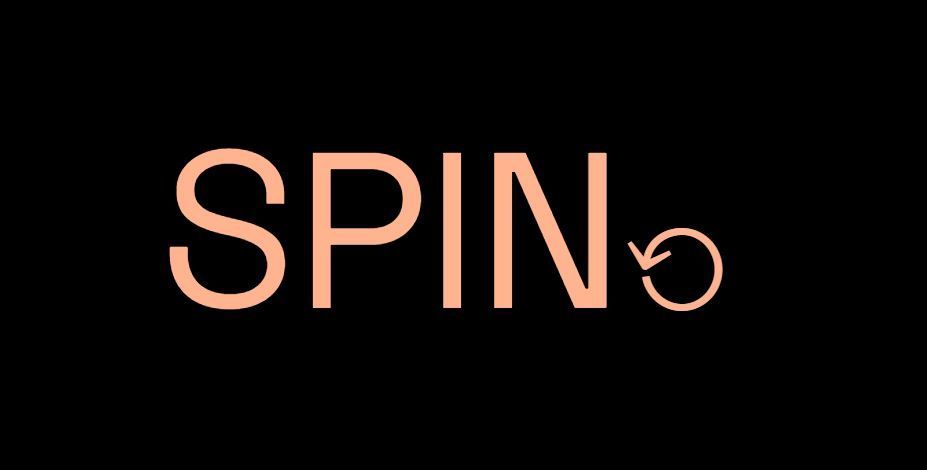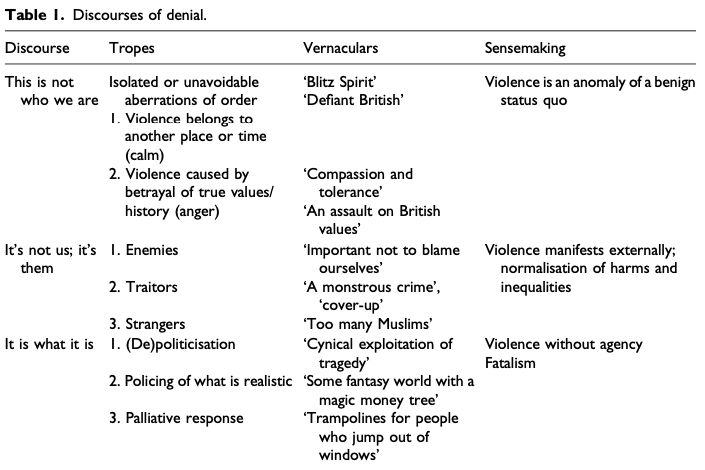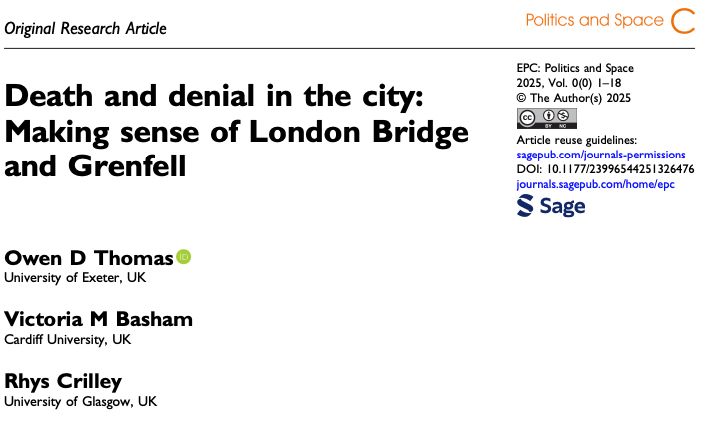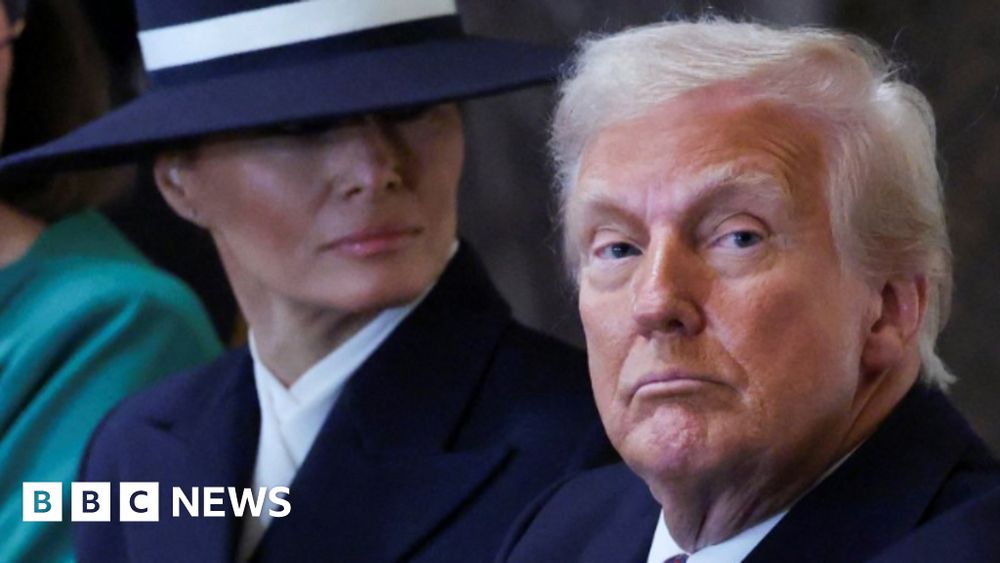Owen D Thomas
@drowendthomas.bsky.social
120 followers
140 following
14 posts
Associate Professor in Politics and International Relations, University of Exeter, UK
Posts
Media
Videos
Starter Packs
Reposted by Owen D Thomas
Owen D Thomas
@drowendthomas.bsky.social
· May 14
Owen D Thomas
@drowendthomas.bsky.social
· May 14
Owen D Thomas
@drowendthomas.bsky.social
· Mar 20
Owen D Thomas
@drowendthomas.bsky.social
· Mar 20
Owen D Thomas
@drowendthomas.bsky.social
· Mar 20
Owen D Thomas
@drowendthomas.bsky.social
· Mar 20
Owen D Thomas
@drowendthomas.bsky.social
· Mar 20
Owen D Thomas
@drowendthomas.bsky.social
· Mar 20
Owen D Thomas
@drowendthomas.bsky.social
· Mar 20
Owen D Thomas
@drowendthomas.bsky.social
· Mar 20
Owen D Thomas
@drowendthomas.bsky.social
· Mar 20
